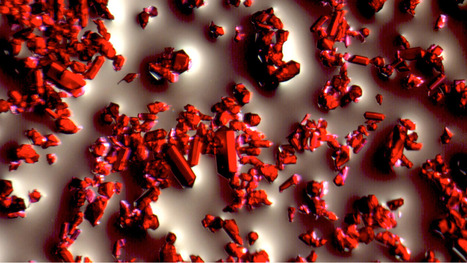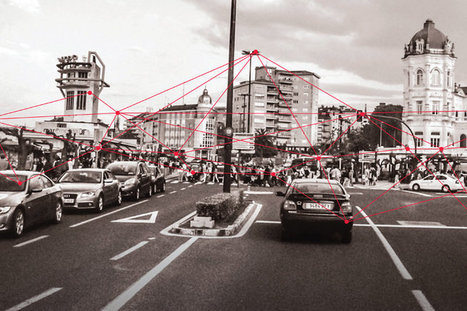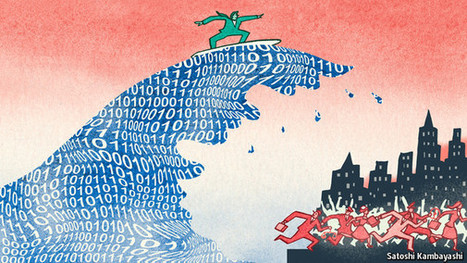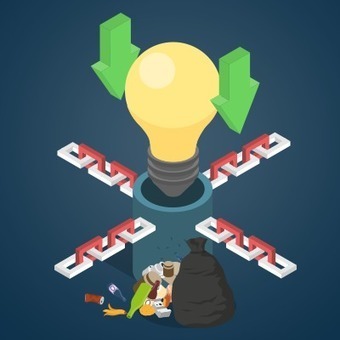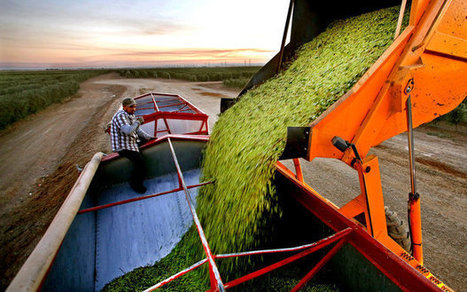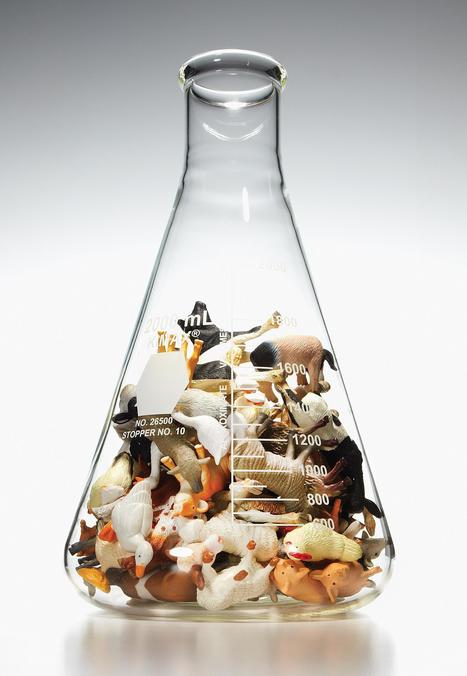Crystalline powder soaks up nearly 3 liters of water vapor per day
Research and publish the best content.
Get Started for FREE
Sign up with Facebook Sign up with X
I don't have a Facebook or a X account
Already have an account: Login
How might we keep the lights on, water flowing, and natural world vaguely intact? It starts with grabbing innovative ideas/examples to help kick down our limits and inspire a more sustainable world. We implement with rigorous science backed by hard data.
Curated by
PIRatE Lab
 Your new post is loading... Your new post is loading...
 Your new post is loading... Your new post is loading...
|

EcoVadis's curator insight,
May 24, 2018 1:17 AM
Supply chain visibility is key challenge throughout the food industry. |




